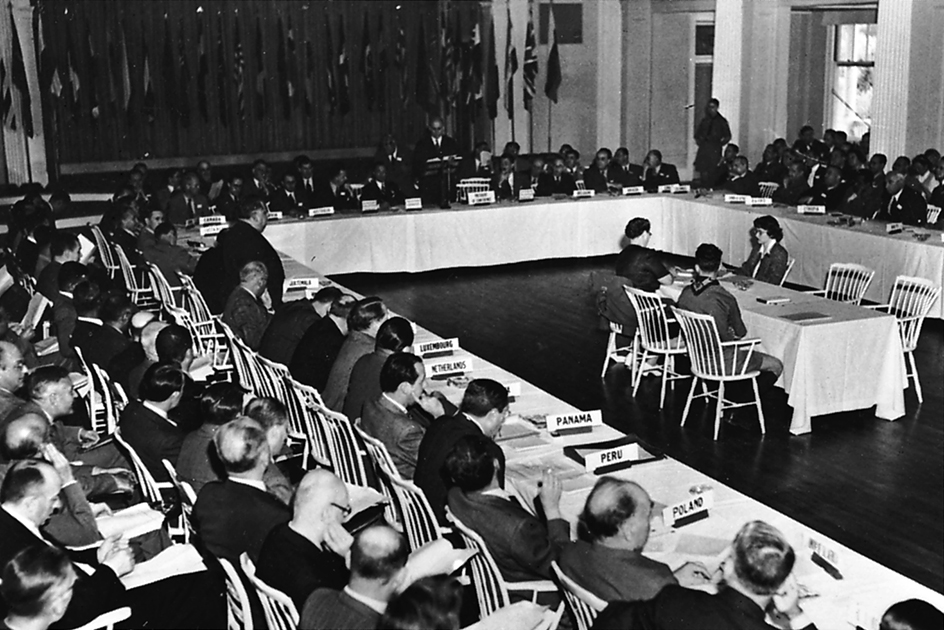World Bank is an international organization that provides loans and other assistance to governments and private firms for development projects, such as irrigation, education, and housing. It also grants loans to support government policies that it believes will strengthen a country’s economy, such as a more efficient judicial system.
The World Bank is made up of two development institutions, the International Bank for Reconstruction and Development (IBRD) and the International Development Association (IDA). Other organizations affiliated with the World Bank are the International Finance Corporation (IFC), the Multilateral Investment Guarantee Agency (MIGA), and the International Centre for the Settlement of Investment Disputes (ICSID). The World Bank is owned by its more than 180 member countries. All World Bank member countries are also members of the International Monetary Fund (IMF). The bank gets most of its funds by borrowing in world financial markets. Its bonds are backed by the pledges of its members and by the loans it makes to governments and firms. The bank is a specialized agency of the United Nations with headquarters in Washington, D.C.
The World Bank was created in 1944 and began operating in the aftermath of World War II (1939-1945). Its original objective was postwar reconstruction, but its focus soon shifted to development aid.

Critics of the World Bank sometimes argue that its lending often ignores income distribution and environmental protection. Some critics feel that its partnership with the private sector undermines the role of a nation’s government. But supporters point to the bank’s record of success in promoting economic growth and reducing poverty.
See also Bretton Woods ; International Development Association (IDA) ; International Finance Corporation ; International Monetary Fund .
